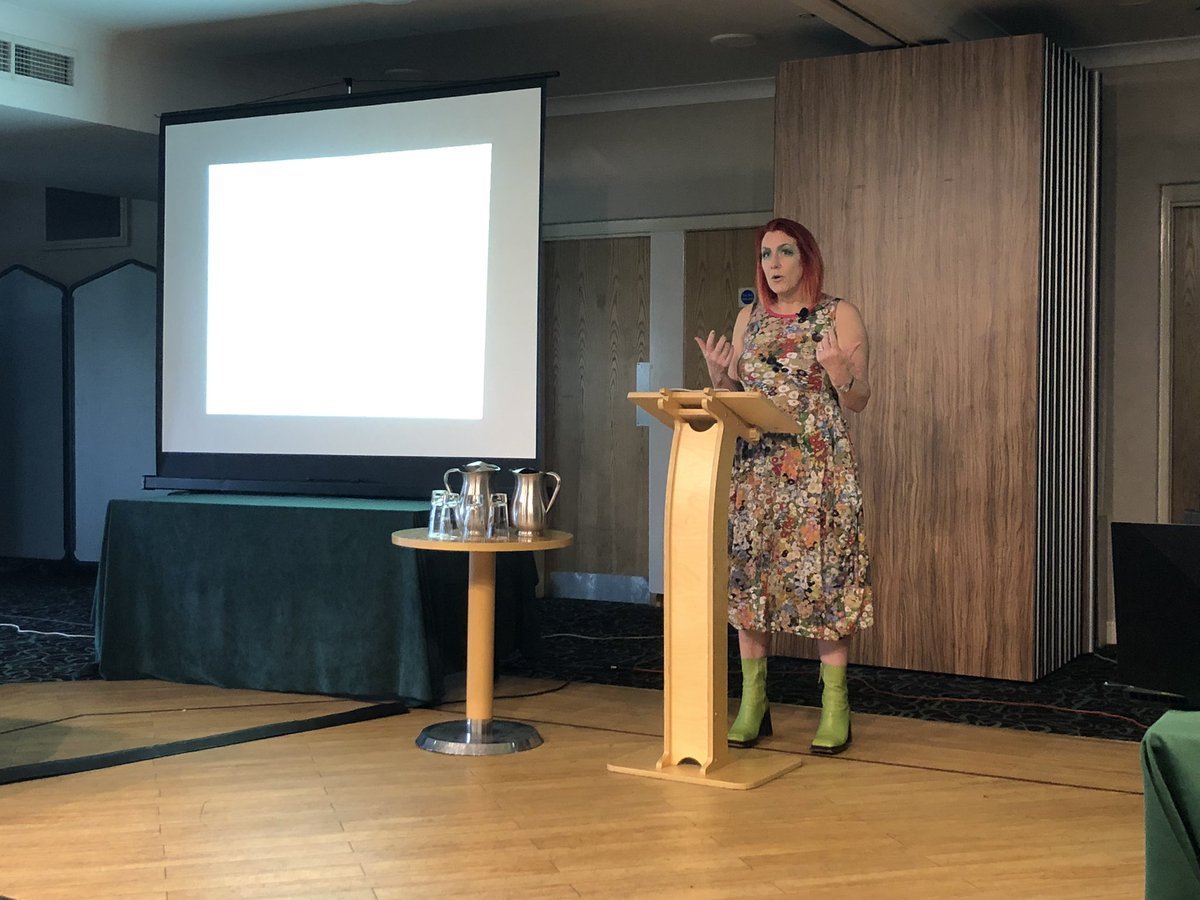
For practitioners
The case for trauma-informed practice
Many people in Cumbria have experienced trauma in their lives. This trauma can come from – but is not limited to - Adverse Childhood Experiences, the experiences of being a refugee, as well as rape, domestic abuse or sexual violence. For some, this will have left a lasting negative impact on their mental and physical health.
When people who have experienced trauma access public and third sector services, they are potentially at risk of retraumatisation. This is particularly the case if local services are not informed about trauma and its dynamics.
The difference trauma-informed practice makes
By increasing our awareness and practising in a way that is trauma-informed, we can empower service users to develop trusting relationships with our organisations. This can support them to engage and get the help and support they need.
Trauma-informed practice will ensure your work is safe, high quality and effective. It will result in greater understanding of, and empathy towards, your service users. Being trauma-informed can ultimately support you to make a greater difference to people’s lives – which also results in greater job satisfaction!
Learn about the 6 principles of trauma-informed care
1. Safety
The safety and wellbeing of service users and staff is prioritised. This includes considering psychological and emotional wellbeing.
2. Trustworthiness
Transparency exists in an organisation’s services, policies and procedures. The aim is to build trust among staff, service users and communities.
3. Choice
Service users are encouraged to share decision-making, to make choices and to set goals. This enables individuals to determine their own plan of action, and to heal and move forward.
4. Collaboration
The value of lived experience, and staff experience, is recognised in overcoming challenges and improving the system as a whole.
5. Empowerment
Organisations and practitioners share power and give service users a strong voice in decision-making.
6. Cultural consideration
Organisations and practitioners move past cultural stereotypes and biases based on race, ethnicity, gender, sexual orientation, age, religion, disability or geography.
Training for practitioners
We run multi-agency practitioner training throughout the year at various venues across Cumbria. Enquire about our ongoing practitioner training events today.





